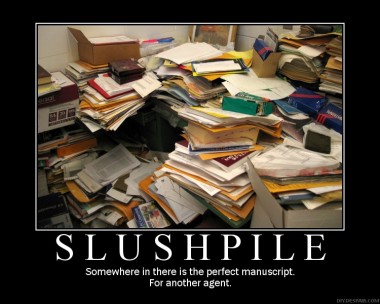Someone recently asked me (as if I know stuff), “What’s the difference between a hook and a gimmick?” I had to think about it, an action to which I’m unaccustomed. But I’m pretty sure I gave a good answer. Sure, why not?
But as I often do, I decided to ask my Steve Laube Agency colleagues for their perspective, and as always was delighted by their answers:
Tamela Hancock Murray said, “A hook is a line that makes the reader say, ‘I’ve GOT to read this NOW!’ A gimmick is when the reader says, ‘Not ANOTHER one of these! I’m soooo tired of this same old same old.’
Lynette Eason answered, “A hook is a promise designed to reel in the reader. Good hooks are integral to the plot or theme of the story, and it’s the author’s job to deliver on that promise. A gimmick may initially attract a reader’s attention, but it eventually fails to deliver on the promise it offered. There’s no depth or authenticity to a gimmick.”
Dan Balow added, “Social media has made hyperbole the norm for communication. We’ve grown used to saying whatever it takes to get attention. That’s a gimmick, and it’s risky because it will leave a reader disappointed. A hook is real. It makes someone want to read a book and ends with a satisfied reader because it delivers on the promise.”
And Steve Laube, He Who Must Be Obeyed, said, “For hook, think of the fishing metaphor. What attracts the buyer’s desire (or the agent’s). A gimmick = corny manipulation. An attempt to gain attention that suggests the author is covering a weak idea or a poorly written manuscript.”
Steve also said (and this will give an indication of the kind of respect I’ve earned within the agency), “The hook is from a real author. The other is from Bob.”
A few days after we’d all shared our thoughts with one another, Tamela shared yet another insight, responding to Dan’s comment about the effects of social media. “Last night,” she wrote, “someone shared a link to an article saying we are only 43% human. The article simply said ‘bugs’ live in our guts to help us digest food. So, this means we’re not human? This was nothing more than a clickbait title to get readers to see ads (probably selling gut health products), offering no new information.” A gimmick, not a hook.
What do you think? How do you distinguish between a hook and a gimmick? Do tell, please.











